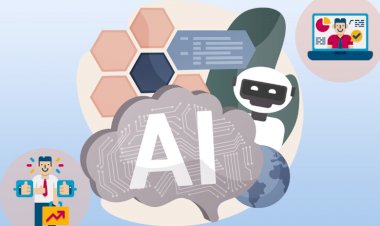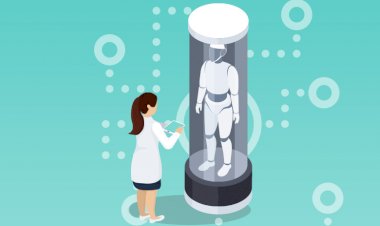How Will Artificial Intelligence Impact the Judicial Systems and Laws?

Machine learning and artificial intelligence (AI) are being used more and more in the legal system, and they have the potential to completely change how we deliver justice. However, there are several significant ethical and legal issues raised by the use of AI in the legal system. In this article, we'll look at how machine learning has affected the legal system and what that might mean for the future of the field.
Improved Efficiency.
The increased efficiency of AI in the legal system is one of its main advantages. Machine learning algorithms can help automate routine tasks such as document review, legal research, and contract analysis. This can make the work of lawyers and other legal professionals more efficient and free up time for more difficult tasks.
In addition, AI can help streamline court proceedings by identifying relevant precedents and legal arguments. This can help judges and lawyers make more informed decisions and resolve cases more quickly.
Improved Access to Justice.
AI can also help improve access to justice by making legal services more affordable and accessible to a wider range of people. For example, AI-powered chatbots can provide legal advice to individuals who may not be able to afford a lawyer.
In addition, machine learning algorithms can analyze large amounts of data to identify patterns of discrimination or bias in the legal system. This can help identify areas where improvements are needed to ensure equal access to justice for all.
Challenges and Concerns.
Despite the potential benefits of AI in the legal system, there are also a number of challenges and concerns that need to be addressed. One of the primary concerns is the potential for bias in AI algorithms. If algorithms are trained on biased data, they may perpetuate and even amplify existing biases in the legal system.
Another concern is the potential for job displacement. As AI becomes more prevalent in the legal profession, some jobs may become automated, leading to job loss for some legal professionals.
Finally, there are also concerns about the transparency and accountability of AI algorithms. If decisions are made by algorithms, it can be difficult to understand how those decisions were reached and to hold individuals or organizations accountable for any negative outcomes.
The Future of AI and the Legal System.
As AI continues to advance, its impact on the legal system will only increase. We can expect to see more sophisticated machine learning algorithms that can help automate routine tasks and streamline court proceedings.
However, it's important to approach the use of AI in the legal system with caution and to address any potential biases or concerns before they become a problem. By doing so, we can ensure that AI is used to improve access to justice and make the legal system more efficient and effective for everyone.
Conclusion.
AI and machine learning are transforming the legal system, with the potential to improve efficiency and access to justice. However, there are also important ethical and legal questions that need to be addressed. By approaching the use of AI in the legal system with caution and addressing any potential biases or concerns, we can ensure that AI is used to improve the legal system for everyone.
By Pooyan Ghamari, a Swiss economist who is exploring the impact of AI

 content-team
content-team 


















